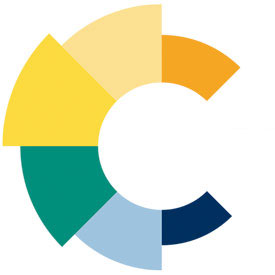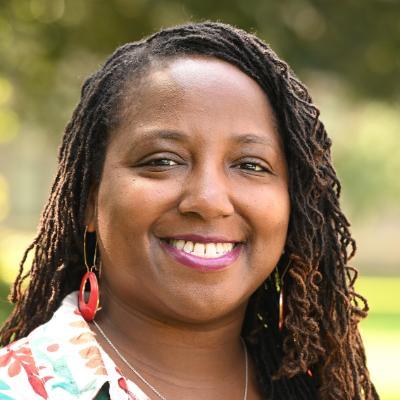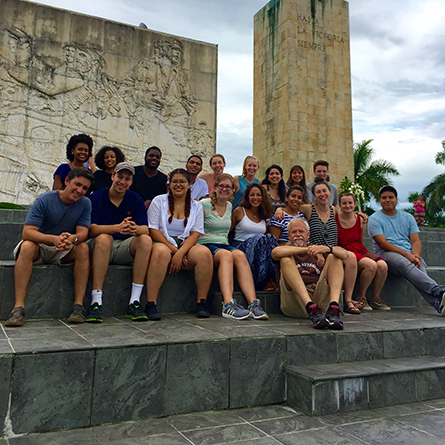
Isaac Gottesman
Lenore Tingle Howard '42 Associate Professor of Education, Department Chair
A historian of education, Isaac Gottesman's work focuses on the history of education as an academic field of study and the relationship between education and social struggle. He is the author of The Critical Turn in Education: From Marxist Critique to Poststructuralist Feminism to Critical Theories of Race (Routledge, 2016), a history of the emergence of critical theories in educational scholarship. Born and raised in Eugene, Oregon, Gottesman joined the faculty at Conn in 2022.






